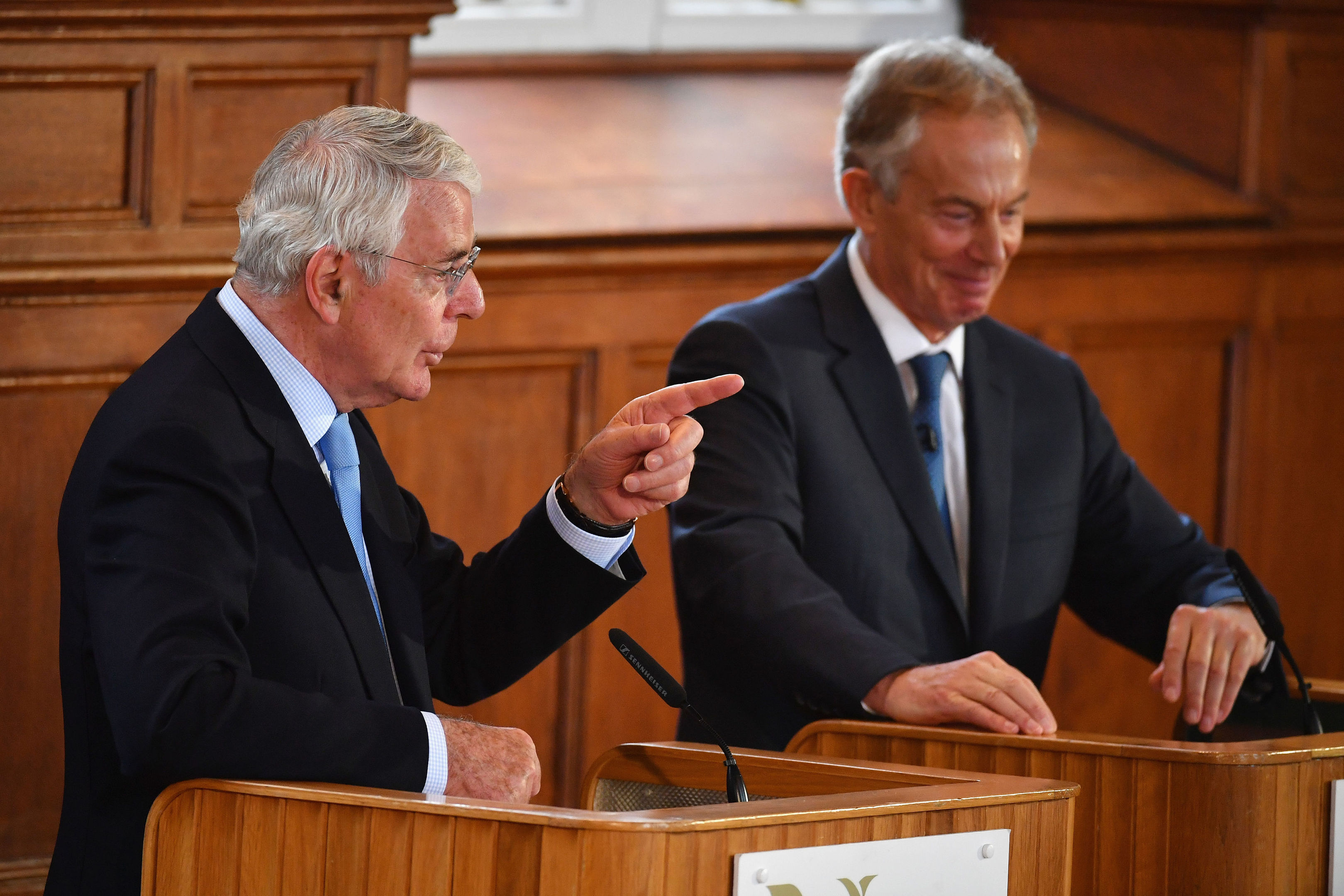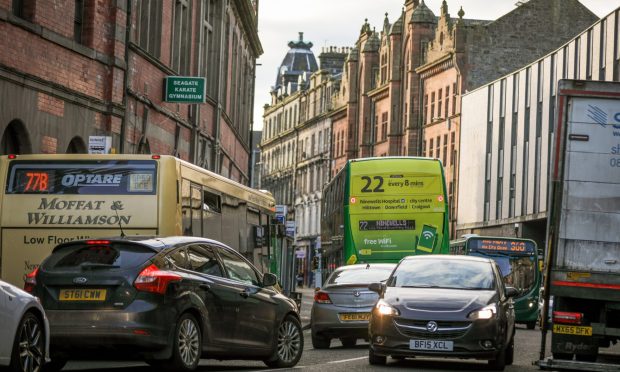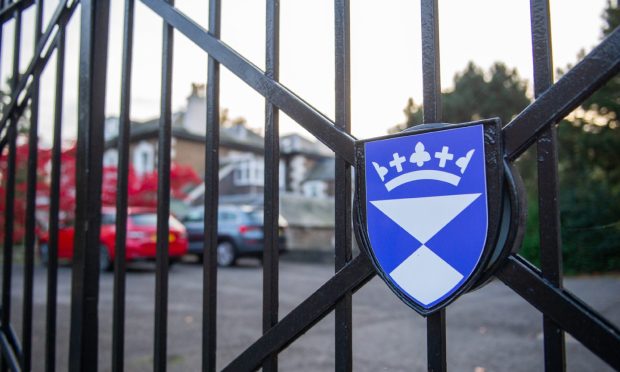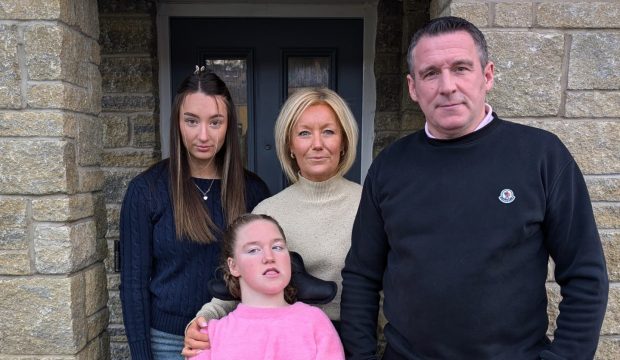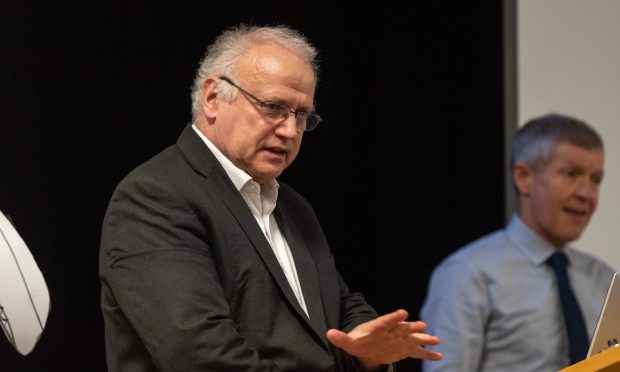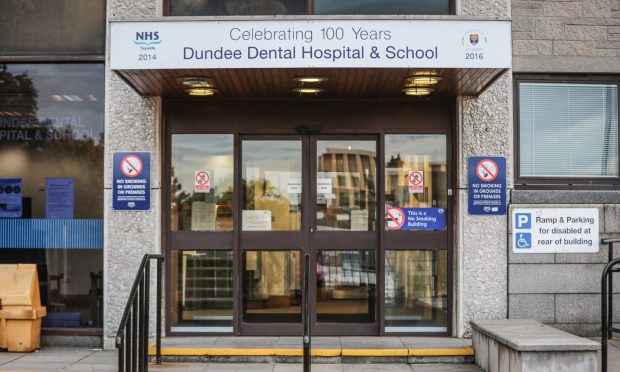A British vote to exit the European Union (EU) could “tear apart the UK”, former prime minister Sir John Major has warned.
The former Conservative leader insisted the “uncomfortable truth is that the unity of the United Kingdom itself is on the ballot paper” when people across the UK vote in the June 23 referendum.
That will decide whether or not the UK remains a member of the EU, with polls suggesting a tight contest between the Leave and Remain campaigns.
Polls in Scotland consistently show the majority want to stay in Europe, with First Minister Nicola Sturgeon warning a second independence referendum could be triggered if the country is “dragged” out of the EU against its wishes if the UK as a whole votes in favour of Brexit.
Ms Sturgeon will join other politicians from across the UK for a TV debate ahead of the referendum, with the SNP leader arguing in favour of both Scotland and the UK staying in the EU.
It comes as referendum campaigning ramped up north of the border, with Chancellor George Osborne visiting Scotland to warn leaving would cause “profound economic shock” that would wipe £4.5 billion from the country’s economy and increase unemployment by more than 40,000 over the next two years.
Former Labour prime minister Gordon Brown, who played a pivotal role in the campaign to keep Scotland in the UK in 2014, is using a rally in Glasgow to urge Scots to vote to stay in the EU.
Meanwhile, Sir John said quitting Europe against the wishes of Scots could make pressure for a second vote on Scottish independence “politically irresistible”.
Scotland previously voted by 55% to 45% in favour of remaining in the UK, with Sir John recalling how shortly before the vote “thousands and thousands of people gathered in Trafalgar Square to wave union jacks and sing songs” urging people to vote No to independence.
Sir John, who was speaking in Northern Ireland and appearing on a platform with former Labour prime minister Tony Blair, said: “Wisely, against the advice of the SNP, the Scots did just that.
“As a result with one qualification, the matter is now settled for a generation and beyond.
“But it is a very big qualification, because if Scotland votes in referendum to stay in EU, but the UK as a whole chooses to leave, there is a serious risk of a second referendum.
“Not straight away perhaps but ultimately, nationalist pressure for another shot at leaving the UK in Scotland could prove to be uncontrollable and politically irresistible.
“In those circumstances, if the UK were outside the EU, I can well envisage a different result in that referendum.
“So, that’s the risk that a British exit from the EU could reopen the whole question and tear apart the UK – the UK outside the EU and Scotland outside the UK.
“I say without a shadow of a doubt in my mind that the wrong outcome on June 23 will affect our union, and jeopardise that union, because the plain uncomfortable truth is that the unity of the United Kingdom itself is on the ballot paper in two weeks time.”
Focus groups conducted by pollsters Ipsos MORI Scotland and the think tank IPPR Scotland indicated the EU referendum campaign is regarded as being lower key and less important than the 2014 independence referendum.
IPPR Scotland director Russell Gunson said: “It seems the EU referendum is more of a ‘tinman’ referendum in Scotland, lacking heart and lacking passion, especially compared to the independence referendum.”
Mark Diffley, director of Ipsos MORI Scotland, said: “It is clear from this research that, despite the importance of this referendum, Scots feel less passionate and engaged than with previous votes, especially the 2014 independence referendum.”
During a visit to the Scottish Borders, Mr Osborne said: “It is the Scottish nationalists themselves who’ve said they will use a Brexit vote as an excuse to bring up the issue again of Scottish nationalism and separation, but the most recent Scottish elections made clear there wasn’t a mandate for that.
“We don’t want to give them any excuses, so the simplest way to deal with all these issues … is by voting to Remain.”
